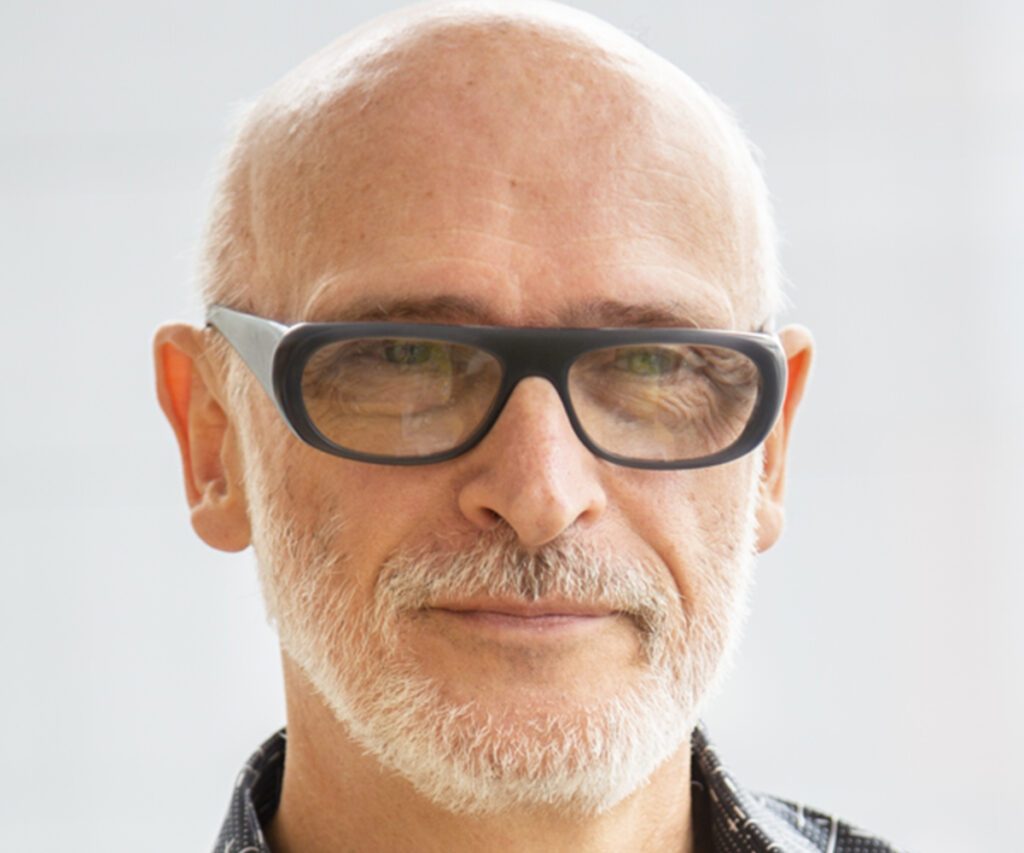
To prevent autoimmune and other harmful reactions, the immune system must be taught to ignore the body’s own antigens and those associated with harmless and even beneficial things like food and commensal bacteria. A study co-led by Ludwig MSK Director Alexander Rudensky and published in a September issue of Nature identified and characterized four types of antigen-presenting cells, named Thetis cells (TCs), that become prominent within intestinal lymph nodes and appear to play a critical role in the induction of tolerance in infants to commensal bacteria and food. One well known step of establishing tolerance occurs in the thymus, where medullary thymic epithelial cells eliminate auto-reactive T cells—preventing their dangerous persistence in the immune system—and promote the development of regulatory T cells (Treg), which suppress such responses. After exposure to antigens associated with food and commensal bacteria, a separate wave of Treg cell differentiation outside the thymus—in the “periphery”—occurs a few weeks after birth to ensure the suppression of T cells dangerously prone to reacting to these ordinary stimuli. The cells orchestrating this second wave of Treg development were, however, unknown. Alexander and his colleagues showed that a subset of Thetis cells are central to this second wave of Treg cell differentiation. Their studies suggest type IV TCs, which express high levels of molecules known to be essential for Treg differentiation, are the antigen presenting cells that participate in the induction of Treg-mediated tolerance to gut microbiota.
Novel antigen presenting cell imparts Treg-dependent tolerance to gut microbiota
Nature, 2022 September 7